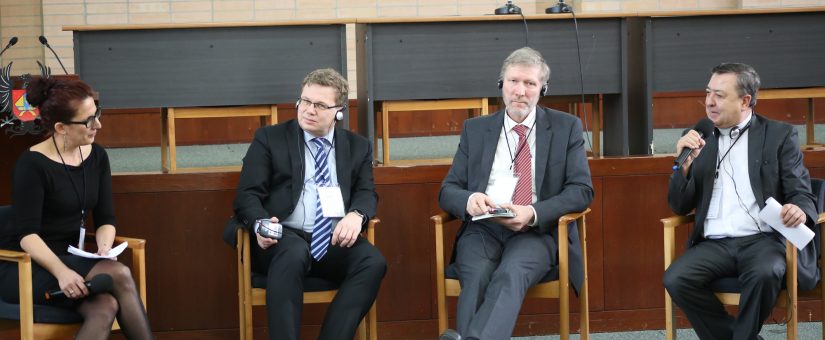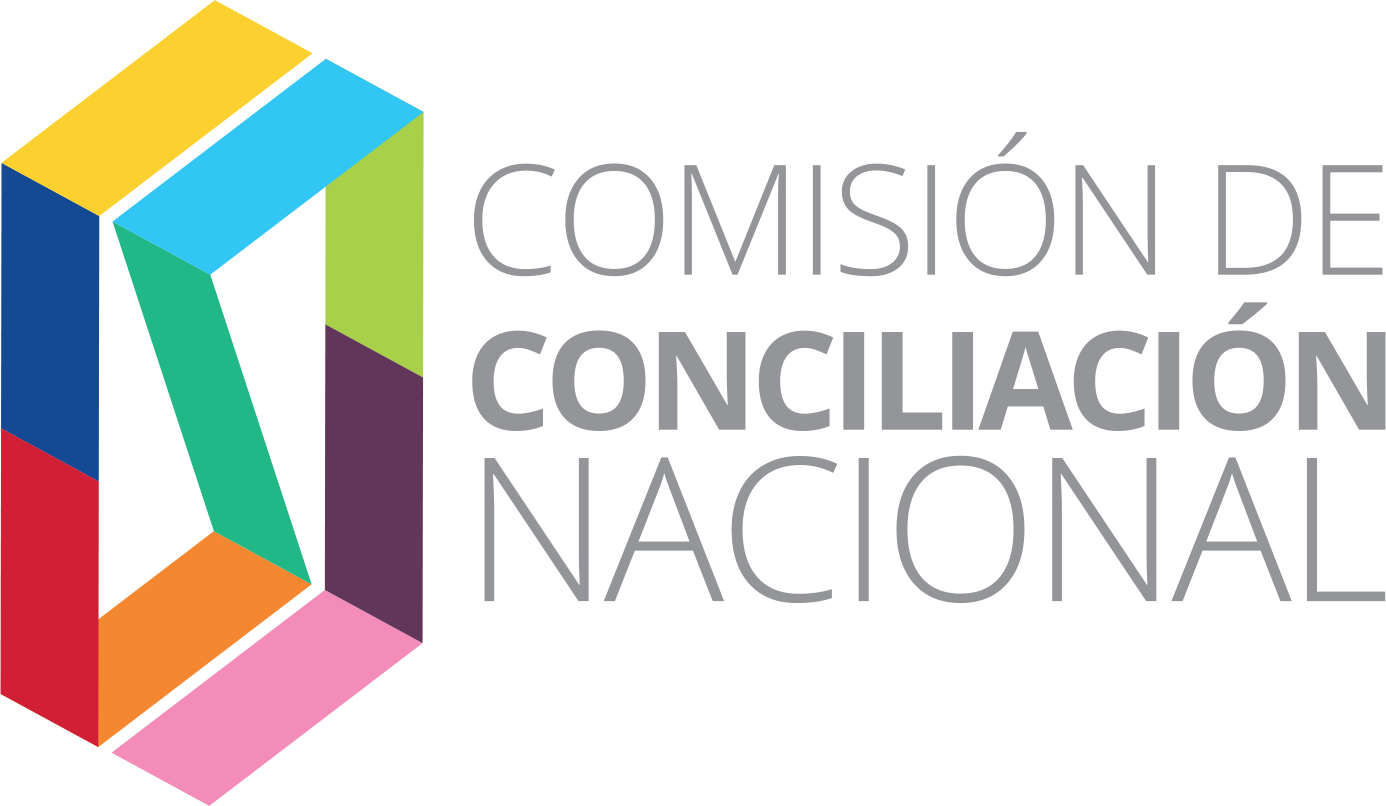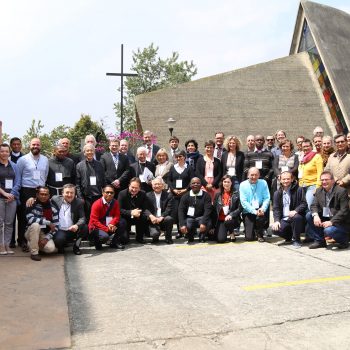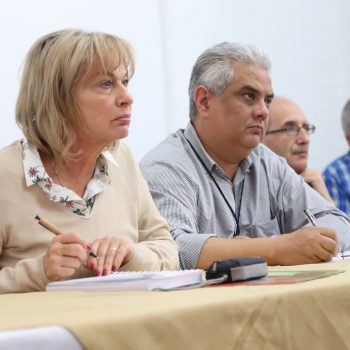
The international workshop of explorers of reconciliation and peace for Colombia starts
- On 20 de marzo de 2017
Jörg Lüer, director of the Berlin office of the German Commission for Justice and Peace, described the event to be held in the country from the 20th to 24th of March with bishops, religious, theologians, teachers, human rights activists and representatives of international development cooperation organizations, which are going to visit cities such as Bogotá, Medellín, Cali and Quidbó.
With the inaugural address of Monsignor Monseñor Nel Beltrán, Bishop Emeritus of Sincelejo and member of the National Conciliation Commission, the first day of the international workshop “Memory, Truth and Justice: Dealing with the Burden of the Past “, started. A meeting that has as a horizon raises the question – How to move towards reconciliation and peace, despite the burden of a past that is dominated by violence?
The Bishop welcomed all of the 50 participations from different parts of the world and mentioned, that Colombia is a country that needs international solidarity because it is experiencing a crucial moment, in which it is going to implement peace and to work in another negotiation, with which Colombia could see a definitive end of the traditional guerrillas and to be able to dedicate itself to thinking and building of peace.
“When you return, take us in your heart and know that we will be happy if there could be peace in other countries as well. When you return, you can be sure that we are grateful that you have come to help us to think of a Colombia without war,” made Monsignor Nel some emotional words to the participants.
During the day, Dr. Jörg Lüer, founder of these workshop and Director of the Berlin office of the German Commission for Justice and Peace, one of the organizations in charge of the event, said: “This is not only a workshop, it is a mission. Working on the pain of the past is important for all of us; The experiences in Colombia are important, so we want to act with solidarity and respect (…). Since we started to carry out the workshop, we made the decision that we do not want to be just an academic group, we do not only want to talk to people but we want to act with them, to generate a dialogue, and to get involved. We do not like just looking at complexity from a distance; we want to know that complexity also touches us. ”
Lüer thanked the Colombian Church and Monsignor Luis Augusto Castro, president of the Colombian Bishops’ Conference, to open the doors of the country and to create hope through the event.
In connection to this, Michael Steeb, Director of the Development Cooperation Association (AGEH), expressed his hope, that hope can help to break and to overcome the cycle of violence that Colombia is experiencing. He also said, that the best way to meet or manage the challenges of violence, is, to “prepare ourselves for a dialogue and learn together.”
The Director of the AGEH also took the opportunity, to thank the team of the National Conciliation Commission for its work, led by Dario Echeverri, General Secretary, and emphasized his admiration to the priest for his infinite optimism in the path of national reconciliation.
Father Echeverri said, that the Catholic Church in Colombia is still committed to the process of reconciliation, so that he has seen this international workshop as an ideal opportunity to develop recommendations and tools and to rationalize or even facilitate this process.
During presenting the work plan of the event, father Darío added: “We will have the possibility of going to special places in Colombia like Quibdó, a little piece of Africa in the Colombian Pacific; Visiting groups of victims, letting the hearts speak, to listen to them and learn from them; Visiting legal and illegal actors armed with violence; And exchange experiences with members of important institutions such as the National Indigenous Organization of Colombia (ONIC).”
During this first day, an introduction, the presentation of the participants and the formation of working groups for the visits, that will be made to the regions and organizations during the next four days, took place in the event. Besides, exchange of experiences; to generate recommendations and tools for reconciliation work, both, in Colombia and in the countries from which each of the participants in the workshop comes, will be a central part of the event.
See more at:
The international Workshop: “Memory, truth and justice” arrives in Colombia



